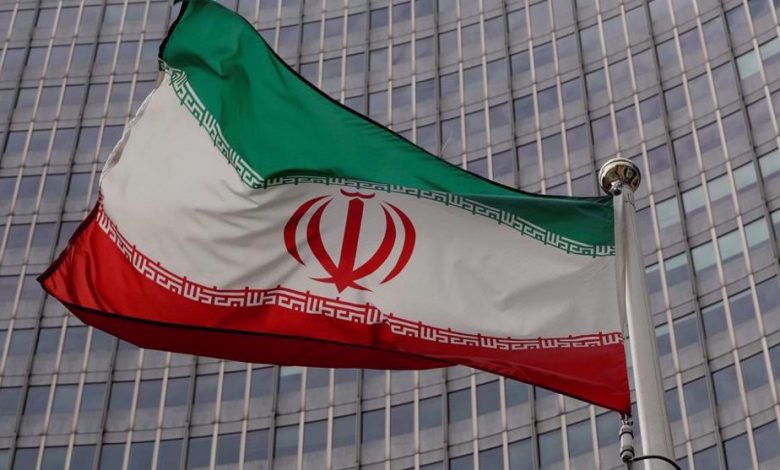UN nuclear agency inspectors visit second site in Iran, as part of last month agreement
Inspectors from the International Atomic Energy Agency (IAEA) have visited the second of the two locations in Iran, as agreed in a last month deal between the two sides for verification purposes.

“As part of an agreement with Iran to resolve safeguards implementation issues specified by the IAEA, the Agency this week conducted a complementary access at the second location in the country and took environmental samples,” the IAEA said in a statement on Wednesday.
Those samples and others taken at the first site will be sent to labs and analyzed for traces of nuclear material.
At the end of a two-day trip by IAEA Director General Rafael Grossi to Tehran on August 26, Iran and the UN agency issued a joint statement on their agreements and the results of high-level talks between the two sides.
“After intensive bilateral consultations, Iran and the IAEA reached an agreement on the resolution of the safeguards implementation issues specified by the IAEA, in good faith. In this regard, Iran is voluntarily providing the IAEA with access to the two locations specified by the IAEA and facilitating the IAEA verification activities to resolve these issues,” read part of the statement
After the first site was visited by inspectors, Grossi told reporters at a presser on the sidelines of the IAEA’s 35-member Board of Governors on September 14 that analyzing samples collected there would take “no less than a couple of months, two or three months maybe.”
Iran hopes IAEA’s visits will end US pressure on nuclear agency
Meanwhile, the spokesperson for the Atomic Agency Organization of Iran, Behrouz Kamalvandi, confirmed that the second site inspection had taken place and expressed hope that such visits would prevent the US from politicizing the issue and putting more pressure on the IAEA.
“We had certain differences of opinion with the Agency over some issues, and these disagreements were about to end up in a deadlock due to political pressures. There was a possibility that a country like the US could exploit the persistence of such a situation. Therefore, we voluntarily told the Agency after evaluating the conditions … that we will grant them access to these two locations once and for all,” so that the IAEA would close the case of the two sites, Kamalvandi said, according to Fars News Agency.
“We hope that such visits would strip countries like the US of the excuse they sought for politicizing Iran’s case and bringing it to the Security Council,” he added.
He also expressed optimism that the visits will stop the US “putting further pressure on the Agency and taking advantage of it.”
The visit by the IAEA head to Tehran took place over two months after the Board of Governors on June 19 passed a resolution pushing for inspections of two sites that the UK, France and Germany claimed may have been used for undeclared nuclear activities in the early 2000s, the allegations that were categorically rejected by Tehran.
In a meeting with Grossi during his trip to Iran, President Hassan Rouhani underlined the need for further cooperation between Tehran and the UN nuclear agency, hailing the recent agreements reached between the two sides
Stressing that Tehran considers the IAEA to be of high significance, Rouhani said “Iran, as in the past, is ready to work closely with the IAEA within the framework of safeguards.”
Rouhani stressed that the IAEA needed to maintain “independence, impartiality and professionalism,” and warned against attempts to undermine the Iran-IAEA cooperation.
“The IAEA must take heed of the important point that Iran has sworn enemies who are always trying to cause problems for us; they are the ones who have nuclear weapons and do not cooperate with the IAEA,” he said.
Grossi: IAEA carried out more than 400 inspections in Iran last year
Meanwhile, in an interview with the German Der Spiegel magazine, the IAEA director general commented on the vast number of inspections by the agency in Iran.
“We carried out more than 400 inspections in Iran last year,” he said, adding, “Our teams are always there (in Iran), 365 days a year.”
He also acknowledged pressure from world powers, saying, “I feel it every minute of every day. The wind is blowing from all sides. How should I behave when a great power flexes its muscles or makes vague threats?”
“I have thought about this very carefully. I’m not fighting it and I’m not frustrated. The countries are representing their national interests,” he added.
Iran has frequently asked the IAEA to act independently and not be swayed by foreign pressure in its job.







